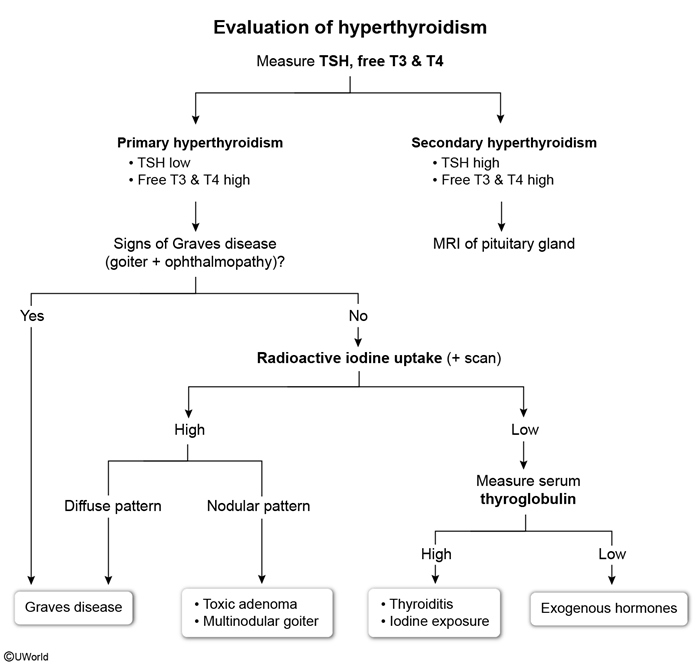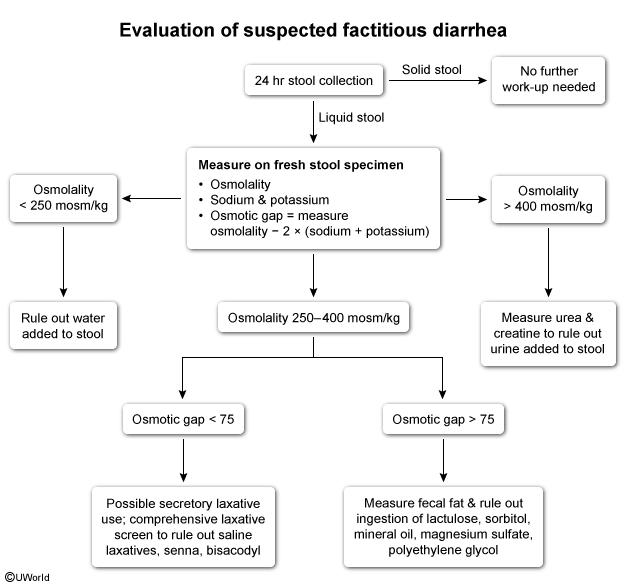Factitious Disorder Imposed On Self
Article Sections
Introduction
Factitious disorder imposed on self is characterized by the intentional falsification of symptoms or induction of illness with the goal of assuming the patient (ie, sick) role. Patients often seek medical care repeatedly to meet their psychologic needs, and their deceptive behaviors are not associated with obvious external rewards (eg, money, housing).
Epidemiology and risk factors
The prevalence of factitious disorder is difficult to measure because the diagnosis is based on the intentional falsification of symptoms, although the prevalence is estimated to be approximately 0.1%-1% depending on the population (more frequently encountered in hospital settings). Onset tends to occur in early adulthood and appears to be more common among women than men.
Several factors may contribute to the risk for factitious disorder, including psychologic factors (eg, concurrent personality disorder, history of adverse childhood events [eg, abuse, neglect]) and environmental factors (eg, childhood illness that resulted in significant medical attention).
Continue Learning with UWorld
Get the full Factitious Disorder Imposed On Self article plus rich visuals, real-world cases, and in-depth insights from medical experts, all available through the UWorld Medical Library.
Unlock Full AccessFigures

